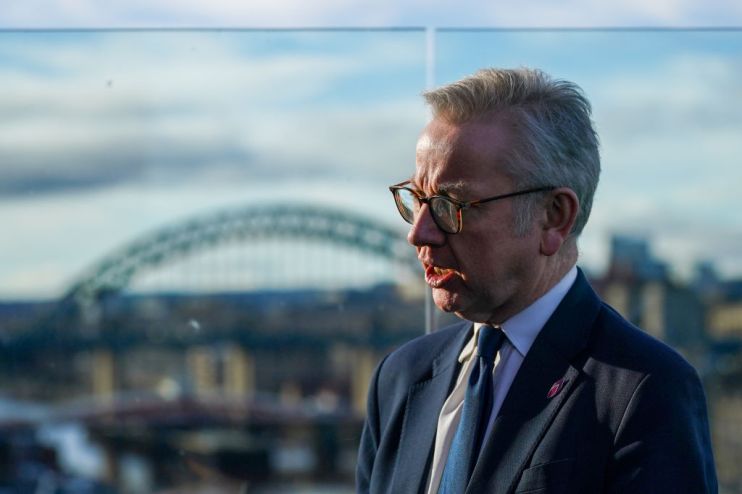Bill that would ban boycotting Israel set to be debated in Parliament

A bill which would ban British public bodies from boycotting Israel is set to be debated by MPs today.
Levelling up secretary Michael Gove will bring the bill to Parliament today, as first reported by the Guardian, despite warnings it could stoke tensions amid the Israel-Gaza crisis.
It comes amid an increasingly severe humanitarian crisis for Palestinians, following the Israeli siege of the Gaza Strip, including cutting off water, while distressing, graphic reports of Hamas atrocities during the 7 October attacks on Israel have emerged in recent days.
Death tolls in Israel and Gaza have reached 1,400 and over 5,000 respectively, according to the Israeli government and Hamas authorities, and hostages are still being held in Palestine.
Titled the Economic Activity of Public Bodies (Overseas Matters) Bill, the legislation, which will undergo its report stage, would bar public bodies, i.e. councils, from “being influenced by political or moral disapproval of foreign states” when making specific economic decisions.
It would effectively be a ban on so-called ‘boycott, divestment and sanctions’ (BDS) campaigns against other nations – and in particular Israel.
Conservative MP Crispin Blunt, who co-leads the International Centre of Justice for Palestinians, warned the Guardian the move would be “disastrous for British influence” over events in Gaza and suggested the bill’s effect “on community relations will in reality be utterly toxic”.
Campaigners also urged the government to reconsider, and say it is unfair to prevent ethical considerations influencing how public bodies decide how to spend or invest.
Gove, who told a rally this weekend the UK “must stand together” with Israel, has previously criticised BDS campaigns for undermining UK foreign policy and risking anti-semitic abuse.
A government spokesperson said: “This bill will tackle the real risk to community cohesion posed by public institutions using taxpayer money to pursue their own foreign policy agenda and will ensure the UK speaks with one voice internationally.
“We will continue to engage with and listen to stakeholders, parliamentarians and communities across the UK throughout the passage of the bill.”
